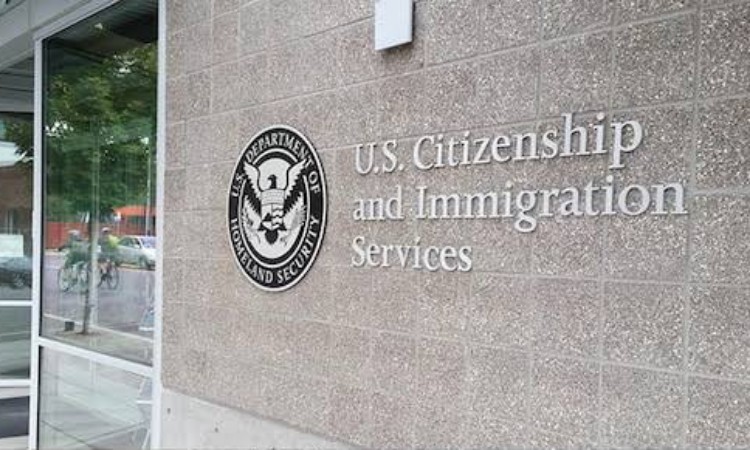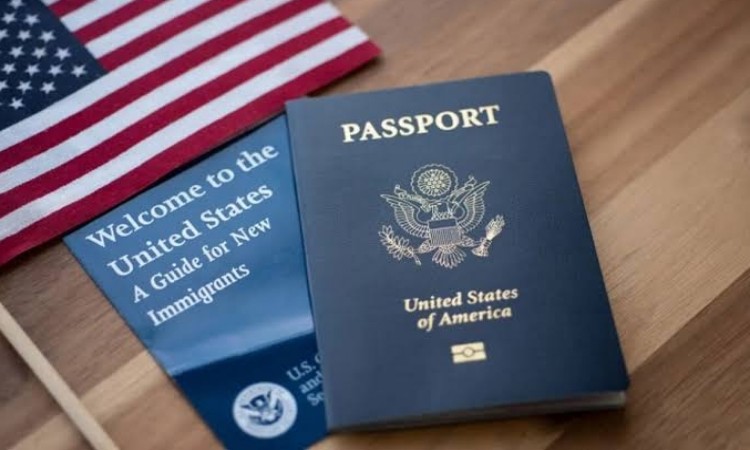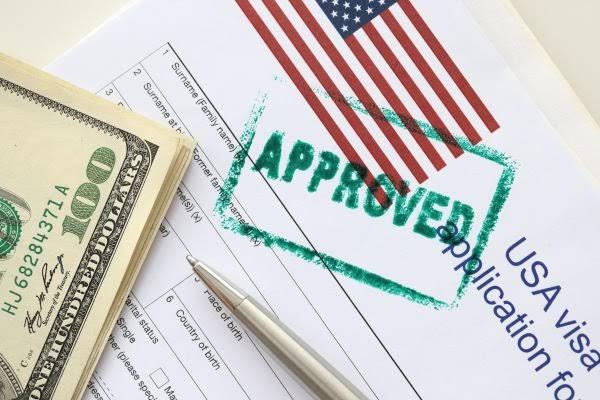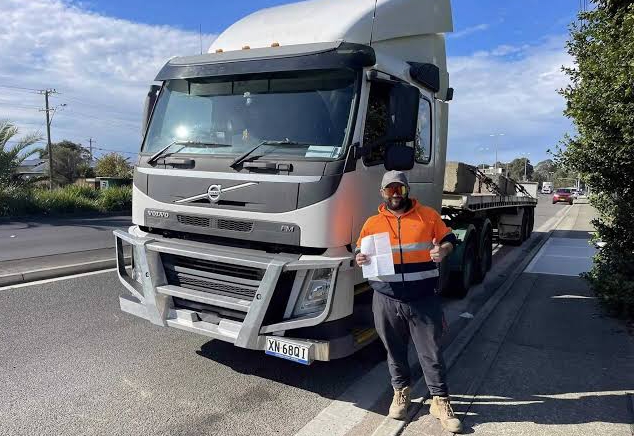High Paying Jobs At Citizenship And Immigration Services In USA
Are you interested in working with U.S. Citizenship and Immigration Services (USCIS)? We’ve heard you have plenty of questions and the good news is, we’ve got the answers. A recent survey we conducted revealed that many of our readers are eager to pursue a career in U.S. immigration services but are unsure about the application … Read more









